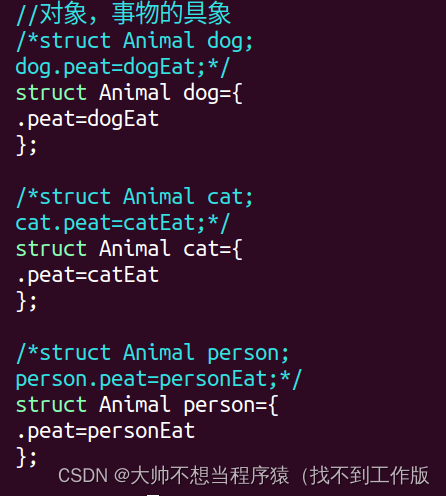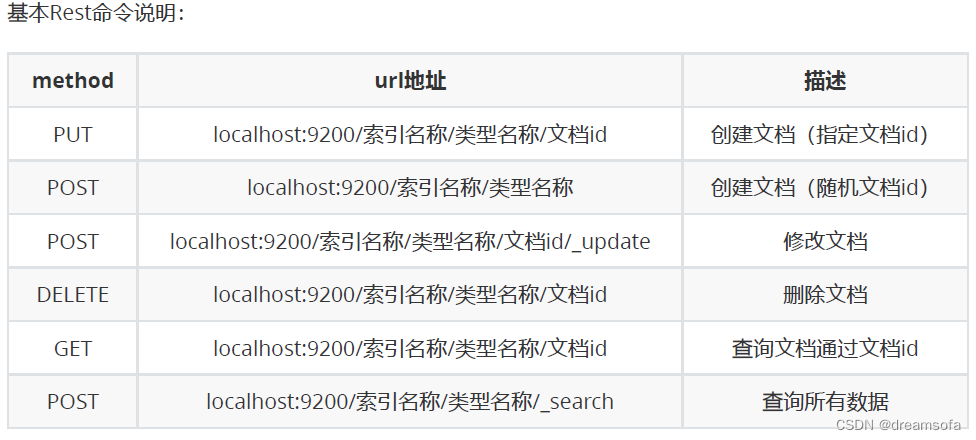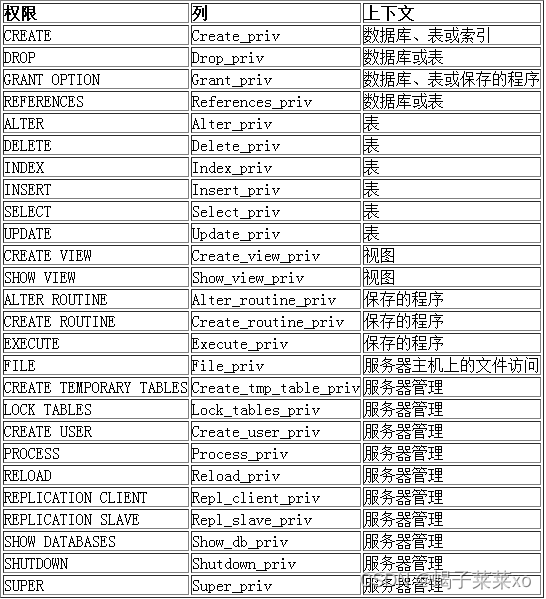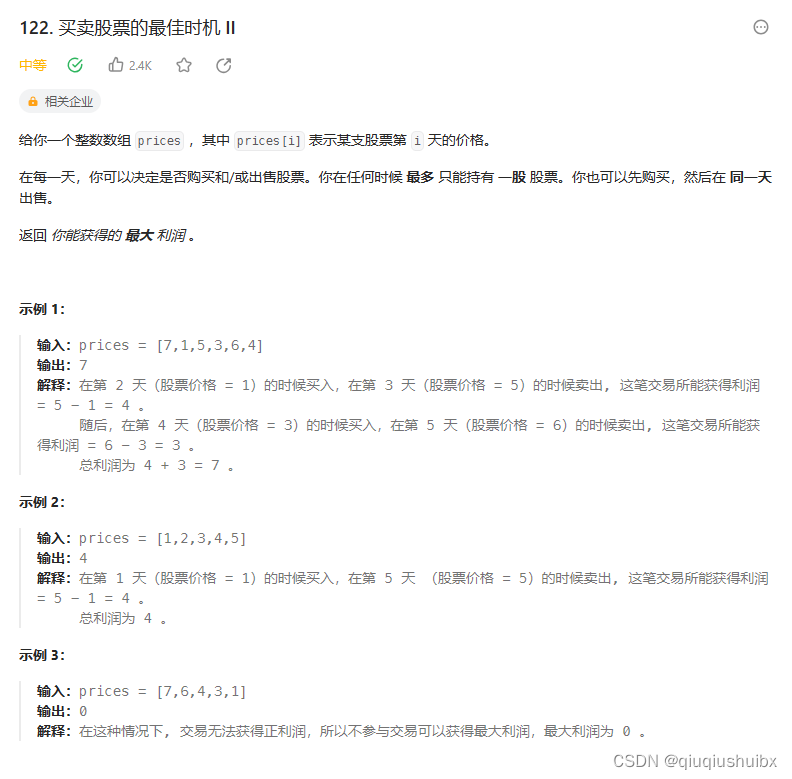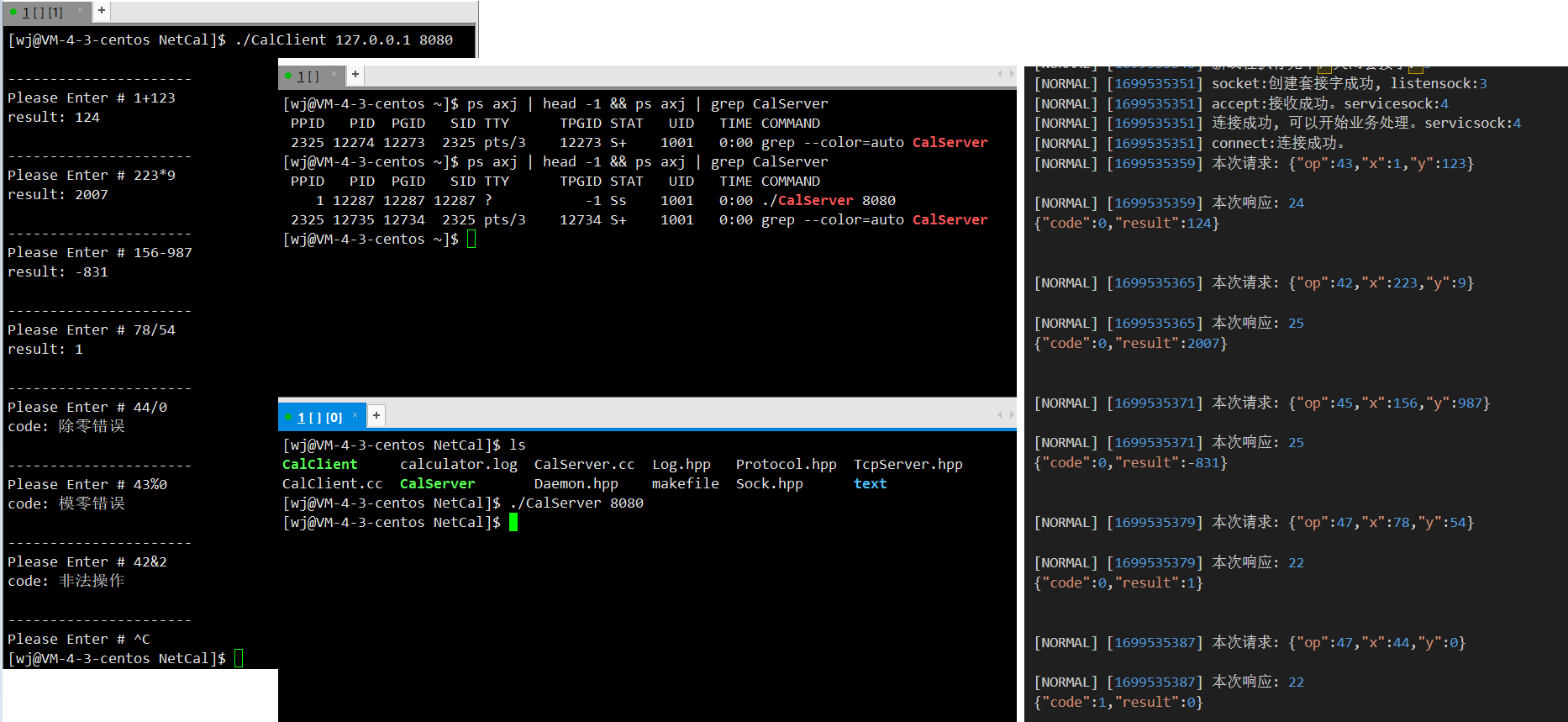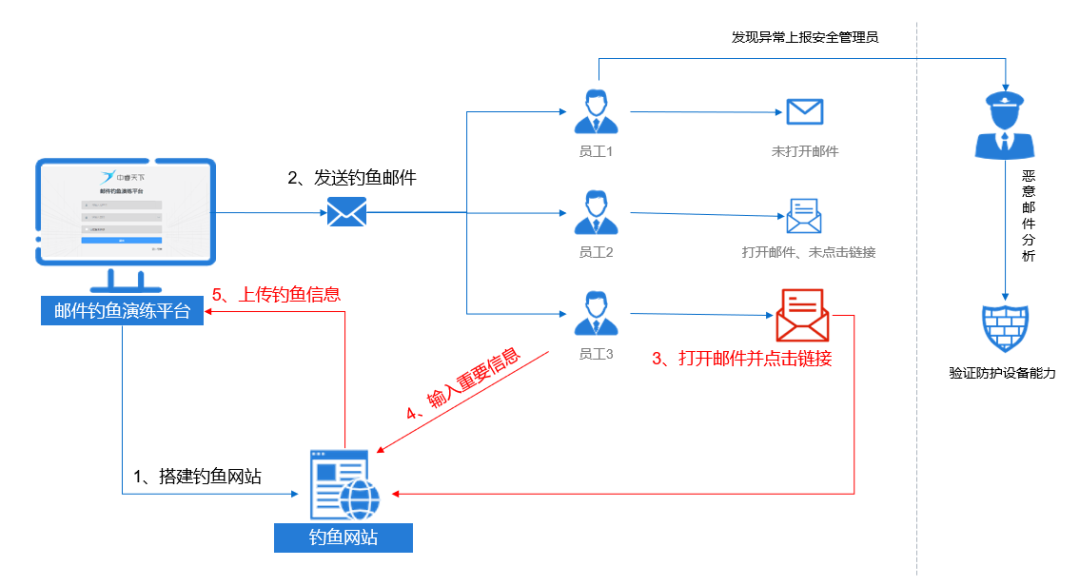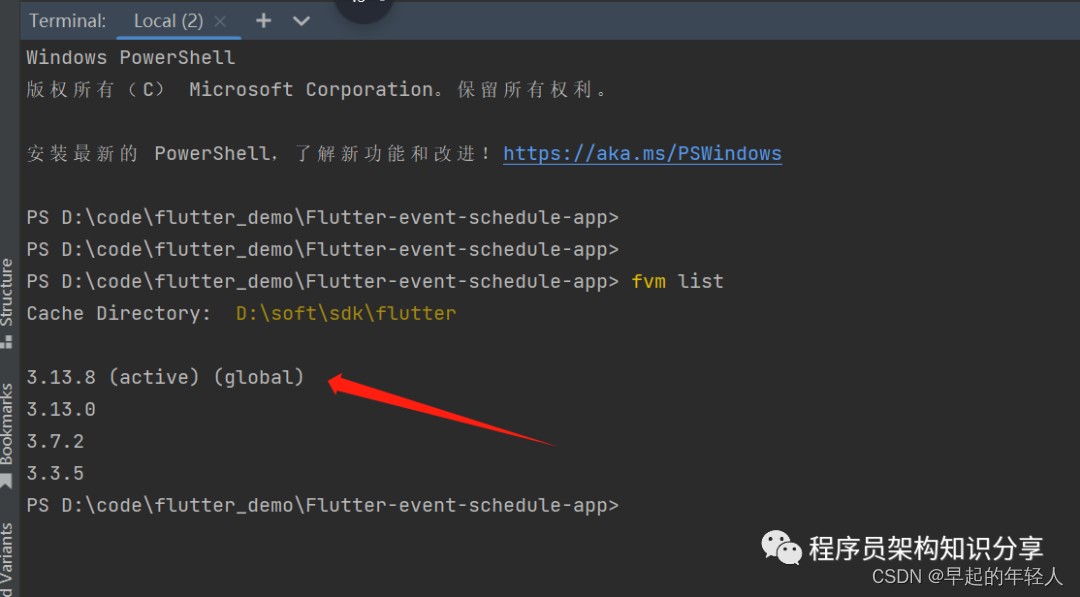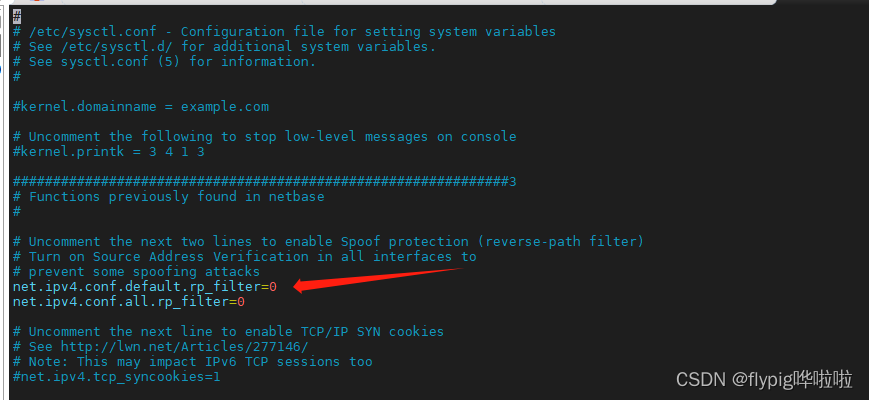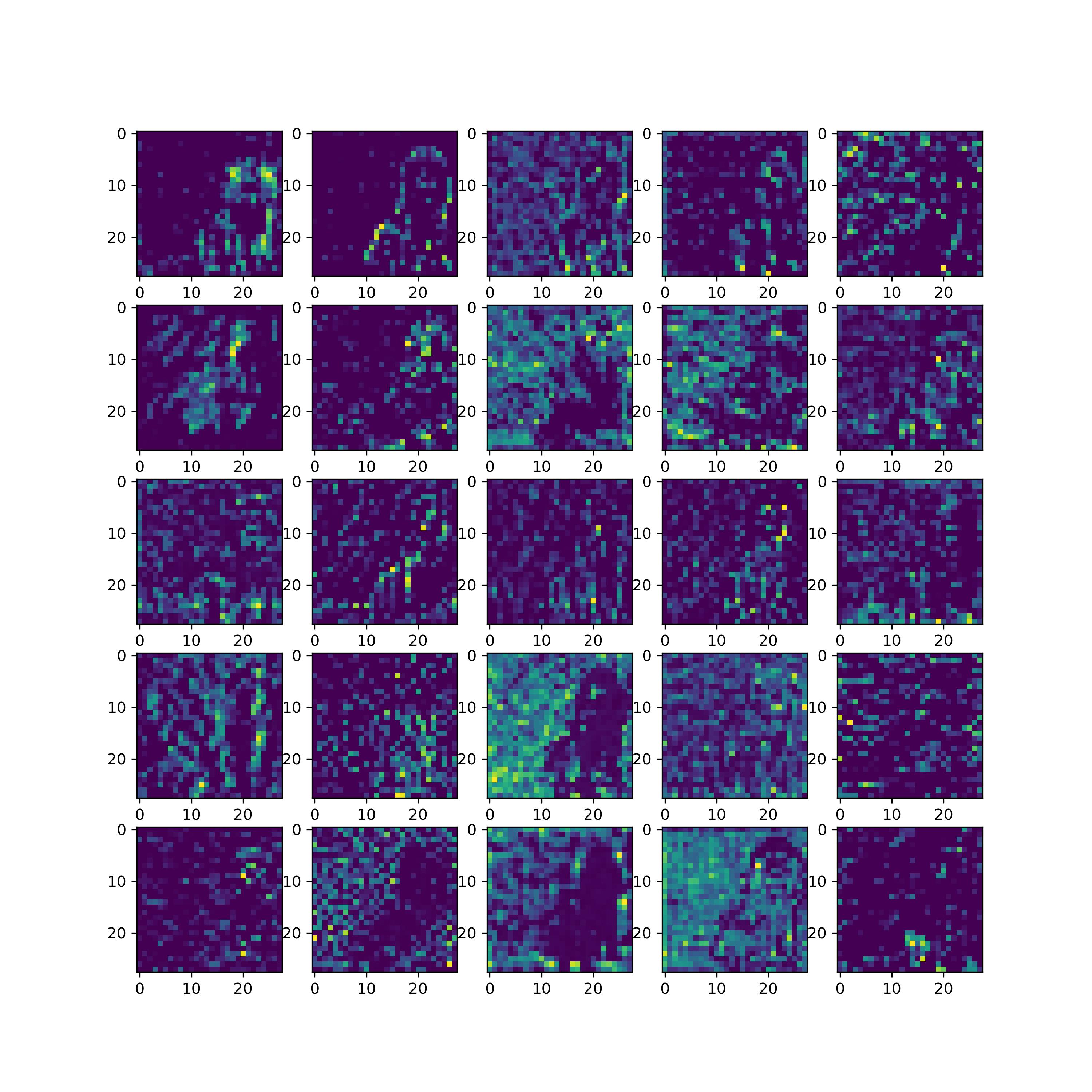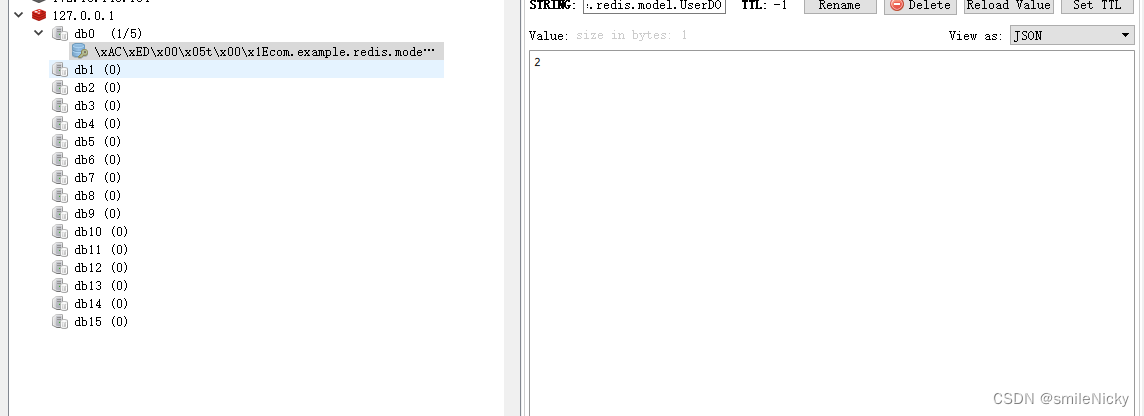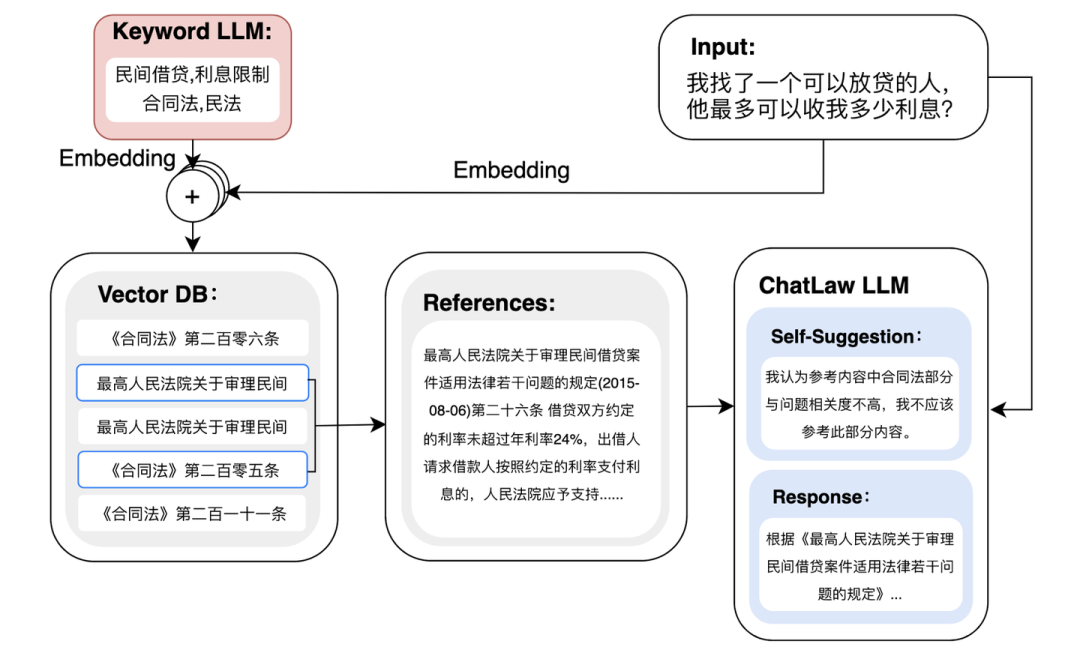Python后面的文章,内容都比较多,但是同时我又想保持每天更新的速度,所以Python的文章我继续打磨打磨,先更新一篇算法的文章。
一身正气报国家,旁无乱境不恋她
ヾ(◍°∇°◍)ノ゙
力扣题号:739. 每日温度 - 力扣(LeetCode)
下述题目描述和示例均来自力扣
题目描述
给定一个整数数组
temperatures,表示每天的温度,返回一个数组answer,其中answer[i]是指对于第i天,下一个更高温度出现在几天后。如果气温在这之后都不会升高,请在该位置用0来代替。
示例
示例 1:
输入:temperatures = [73,74,75,71,69,72,76,73] 输出: [1,1,4,2,1,1,0,0]示例 2:
输入: temperatures = [30,40,50,60] 输出: [1,1,1,0]示例 3:
输入: temperatures = [30,60,90] 输出: [1,1,0]提示:
1 <= temperatures.length <= 10530 <= temperatures[i] <= 100
上嘴脸!!!!
思路
Java解法一:直接暴力
这里直接两层for循环挨个找就行
class Solution {
public int[] dailyTemperatures(int[] temperatures) {
int length = temperatures.length;
int[] answer = new int[length];
for (int i = 0; i < length; i++) {
int far = 1;
for (int j = i + 1; j < length; j++) {
if (temperatures[i] < temperatures[j]){
answer[i] = far;
break;
}else {
far++;
}
}
}
return answer;
}
}但是不好意思,超时了

因为没过我就不提供另外的语法了
Java解法二:栈
这里我们可以采用一个栈,来记录之前的温度(记录的是低温),然后遍历数组,发现如果今天的温度大于栈顶存储的温度,则将今天温度的数组下标和栈顶的相减获得天数差值,然后存入answer数组即可。
class Solution {
public int[] dailyTemperatures(int[] temperatures) {
public int[] dailyTemperatures(int[] temperatures) {
// 记录数组长度
int length = temperatures.length;
// 准备需要返回的数组
int[] answer = new int[length];
// 准备一个栈来存储
Deque<Integer> stack = new LinkedList<>();
for (int i = 0; i < length; i++) {
// 获取每次的温度
int temperature = temperatures[i];
// 若栈不为空而且,当前温度大于栈顶的温度(这里会一直查找)弹出栈,获取下标差值
while (!stack.isEmpty() && temperature > temperatures[stack.peek()]) {
// 获取栈顶元素
int preIndex = stack.pop();
// 取得下标差值,写入answer数组
answer[preIndex] = i - preIndex;
}
// 存入栈
stack.push(i);
}
return answer;
}
}
C++解法二:栈
class Solution {
public:
vector<int> dailyTemperatures(vector<int>& temperatures) {
int length = temperatures.size();
vector<int> answer(length);
stack<int> stack;
for(int i = 0; i < length; i++){
int temperature = temperatures[i];
while(!stack.empty() && temperature > temperatures[stack.top()]){
int preIndex = stack.top();
answer[preIndex] = i - preIndex;
stack.pop();
}
stack.push(i);
}
return answer;
}
};对于C++比Java算法题跑的慢这个事情我已经习以为常了。
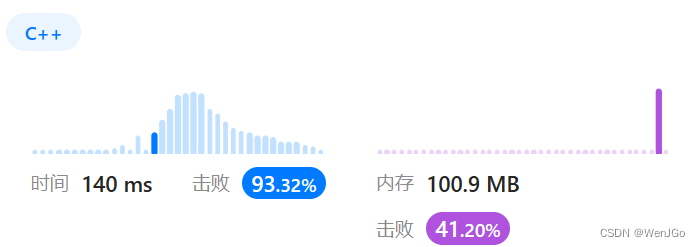
Python解法二:栈
class Solution:
def dailyTemperatures(self, temperatures: List[int]) -> List[int]:
length = len(temperatures)
# python的列表初始化
answer= [0] * length
stack = []
for i in range(length):
temperature = temperatures[i]
while stack and temperature > temperatures[stack[-1]]:
prev_index = stack.pop()
answer[prev_index] = i - prev_index
stack.append(i)
return answer

果然是发展越来越好的语言,速度越来越快了奥!
结语
就这样
再见ヾ( ̄▽ ̄)Bye~Bye~

